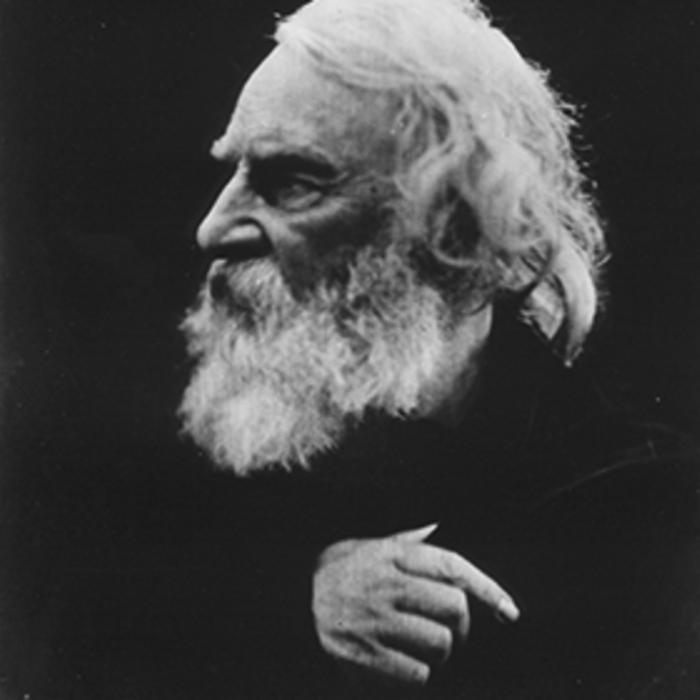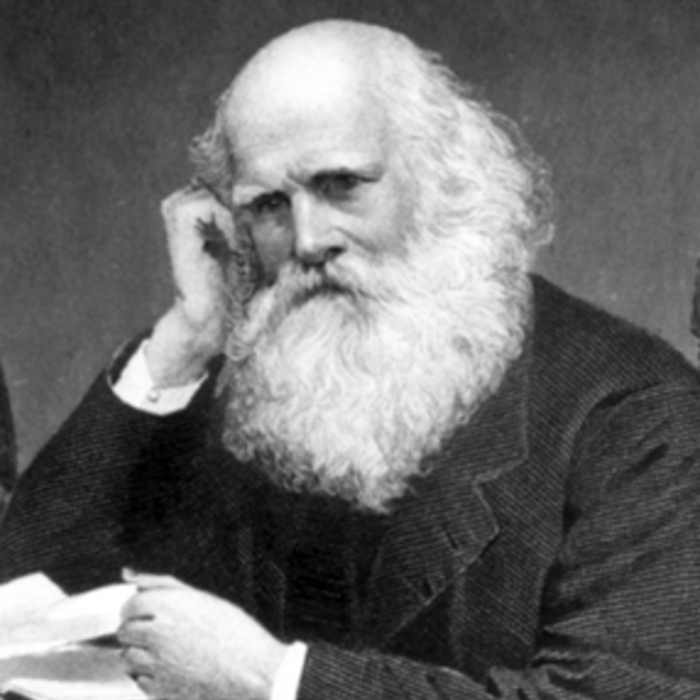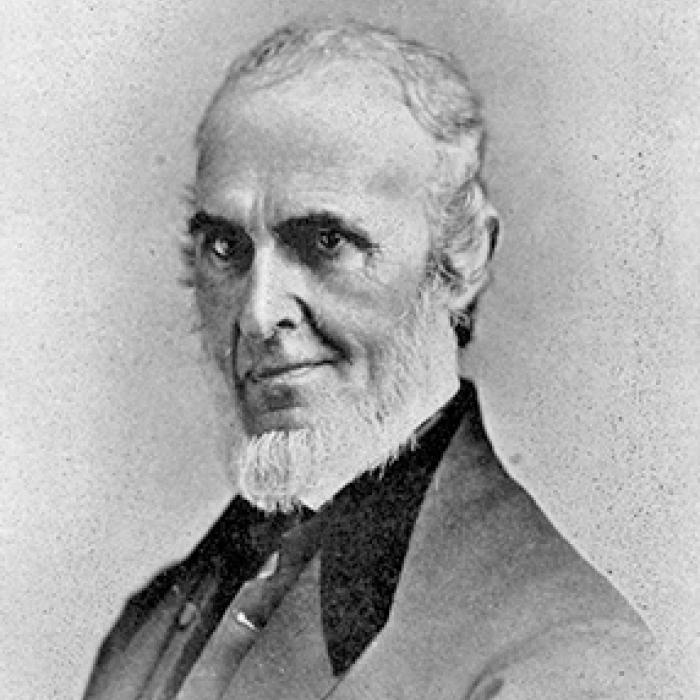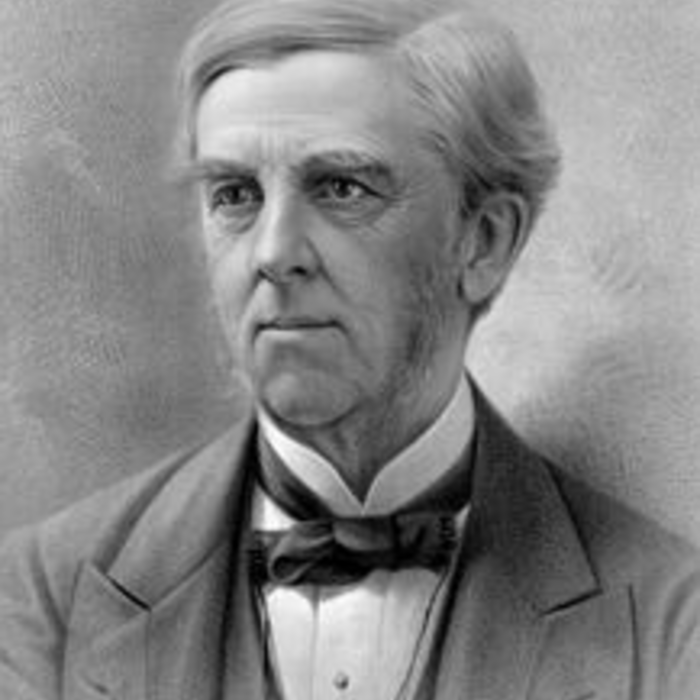James Russell Lowell
James Russell Lowell was born in Cambridge, Massachusetts, on February 22, 1819, the son of the Reverend Charles Lowell and Harriet Spence. He attended William Wells School and Harvard University, where he graduated with a degree in law. However, Lowell had no interest in pursuing a career in that field. Shortly after graduating from Harvard, in 1841, he published his first collection of poems, A Year’s Life (C. C. Little and J. Brown), inspired by the poet Maria White, whom he would marry three years later.
An ardent abolitionist, Lowell published widely in many anti-slavery newspapers, such as the Pennsylvania Freeman and the Anti-Slavery Standard. He also published a number of literary essays, political pamphlets, and satirical works, such as The Biglow Papers, a series of satirical verses written in opposition to the Mexican War.
Lowell authored multiple poetry books, including the collections Poems: Second Series (B. B. Mussey and Co., 1848) and Poems (John Owen, 1844), as well as the popular book-length poems A Fable for Critics: A Glance at a Few of Our Literary Progenies (Putnam, 1848) and The Vision of Sir Launfal (George Nichols, 1848). Along with Henry Wadsworth Longfellow and John Greenleaf Whittier, Lowell belongs to the group of writers called the Fireside Poets, or “schoolroom” poets, known for their conservative, traditional forms; strict attention to rhyme and meter; and moral, religious, and political themes. Lowell’s works, particularly the Arthurian tale The Vision of Sir Launfal, were frequently used as school texts.
In 1853, Lowell’s wife and three of their four children fell ill and died. Two years later, he returned to Harvard to replace Longfellow as professor of modern languages and literature. He spent the following year traveling and studying in Europe, then returned to Harvard to teach for the next twenty years.
In 1857 he married Frances Dunlap and became editor of the Atlantic Monthly, a position he held for about five years. Then, for the next ten years, he served as editor of the North American Review.
Known for his politics and personal charm, Lowell was appointed to the position of United States Minister to Spain in 1877, then served as United States Minister to England from 1880 to 1885.
When Dunlap died in 1885, Lowell withdrew from public life. He continued to publish books of poetry and prose until his death on August 12, 1891.




